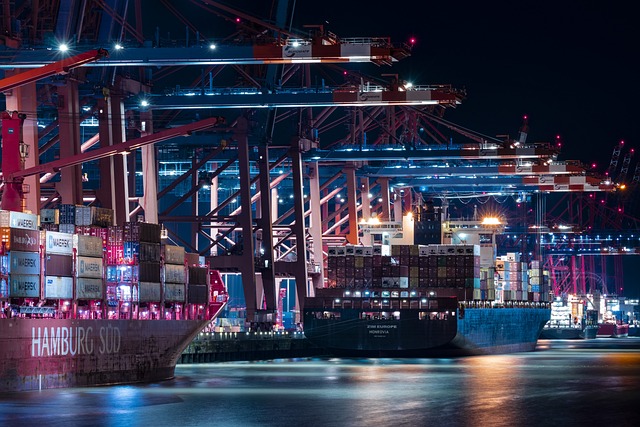-
The World Shipping Council acknowledged the importance of the recently concluded Marine Environment Protection Committee 81 conference of the International Maritime Organization
-
Still it said work on technical and financial measures must be undertaken “with a clear focus on how they will deliver” the shipping industry’s shared target of decarbonization
-
MEPC 81 agreed on a framework for the mid-term measures toward decarbonization, including a fuel standard and economic measure
-
WSC said a fuel standard must be carefully tailored to align with emission targets “using a full cycle perspective,” one that provides a clear path to guarantee that it drives meaningful change
-
A financial measure – or a GHG pricing mechanism – is needed to bridge the gap between fossil fuels and green fuels to enable their use in the global fleet, WSC said
The World Shipping Council (WSC) acknowledged the importance of the recently concluded Marine Environment Protection Committee (MEPC) 81 conference of the International Maritime Organization but said work on technical and financial measures must be undertaken “with a clear focus on how they will deliver” the shipping industry’s shared target of decarbonization.
WSC in a statement said the MEPC 81 conference was “an important opportunity for all parties to review and discuss the many proposals on the table.
More steps to decarbonize the shipping industry were taken at the conference with IMO member-states and organizations agreeing to align and organize their work for the environment.
For one, the MEPC agreed on a framework for the mid-term measures, including a fuel standard and economic measure. The Committee also agreed to set up expert groups, thus laying the foundation for an agreement which will deliver on the near-zero target by 2050.
Global agreements on the environment haven’t always been easy to hammer out, but with the WSC Green Balance Mechanism, an innovative approach to bridge the gap between fossil fuels and green fuels “has been positively received,” WSC said.
Delivery of targets
“As we prepare for the MEPC 82 meeting in September, it is essential that the work on technical and financial measures is undertaken with a clear focus on how they will deliver on our shared target of decarbonization,” WSC said.
It added that a fuel standard must be carefully tailored to align with emission targets “using a full cycle perspective,” one that provides a clear path to guarantee that it drives meaningful change.
Specifically, a financial measure – aka GHG pricing mechanism – is needed to bridge the gap between fossil fuels and green fuels to enable their use in the global fleet, as well as provide incentives for more investments in green fuel production.
It is not enough to create a viable market, stated the WSC. There must be a clear and steady demand for green fuels before renewable fuel plants will be built, it noted.
WSC said it looks look forward to the MEPC 82 in September and is eager to see progress on the development of a fuel standard and a financial measure, ensuring that regulations are approved as scheduled in 2025, with implementation slated for 2027.
READ: IMO decarbonization strategy offers opportunities for green future





